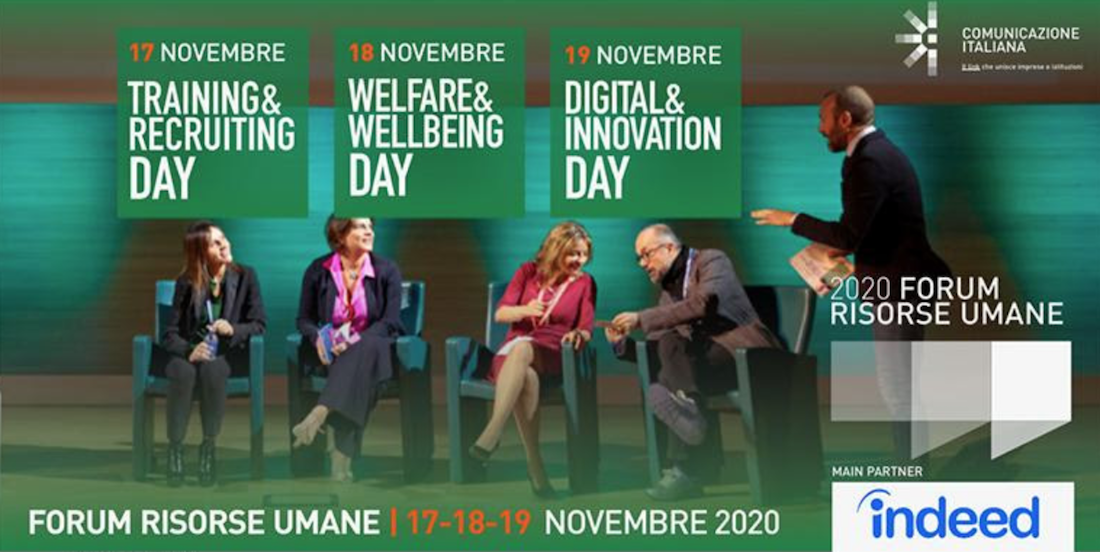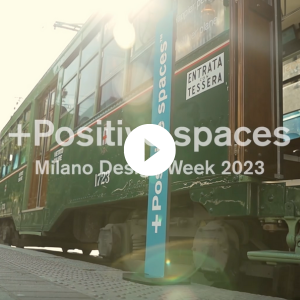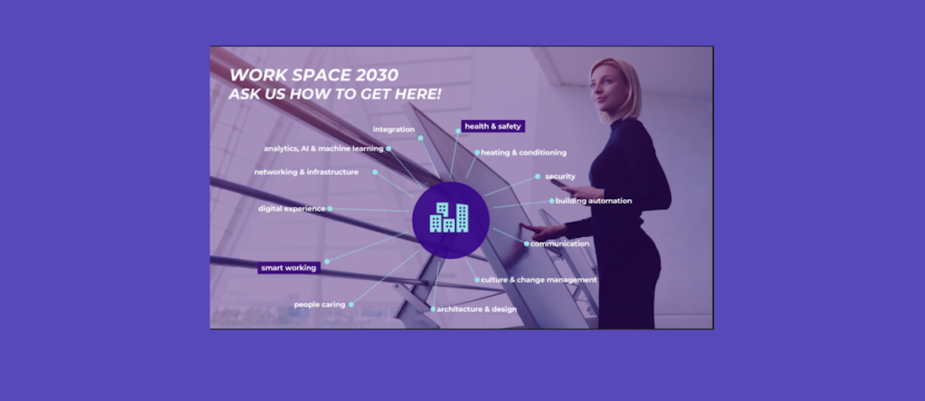
How to go back from temporary survival to long-term design? This was the main theme of the 2020 edition of the Italian Human Resources Forum organized by For#Uman Relations. The three days gathered different experiences and ideas, especially on the “exit strategy” from the “emergency smartworking” of corona virus, on three main areas: Training & Recruiting, Welfare & Wellbeing and Digital & Innovation. Here is a summary of the most interesting ideas for our WOWbinar column.
Culture: from control to recognition.
The 2020s will be the years of company culture as a source of business and productivity.
A culture based on creating a relational fabric in which each individual can achieve a sense of fulfilment and purpose.
A corporate culture that is able to pass from control to recognition, in the double sense of “recognizing the value and needs” of the individual and of the community and the ability of middle management to “recognize the mechanisms that generate the emotional suffering of employees“. If we have been talking about trust in the company for several years now, the culture of control has however been undermined by the breakdown of working rituals: from the predictable and habitual world to which we were used to, we have gone through a sudden crisis having to rethink and redeclare “What we do, and how and why we do it”.
In addition, technology has shown its ambiguity in being a fundamental tool for corporate resilience and organizational flexibility, but it has also shown how it can be a new control tool. For this reason, in some realities, such as Coca Cola, they have a real “smartworking etiquette” which included, for example, an hour and a half of lunch break without a call or email (since the parents had their children home from school and they had to prepare their lunch) no calls after 6 pm and no emails after 8 pm.
Finally, the detachment from aggregation totems such as coffee machines did not only damage but also generated new possibilities: hearing via chat gave rise to a communication model in which we spoke even more openly to our colleagues about our private life. Not only have the barriers between home and office crumbled from work and organizational point of view, but also from a personal point of view: this is an important factor in answering the question what will the post-pandemic work-life balance be?
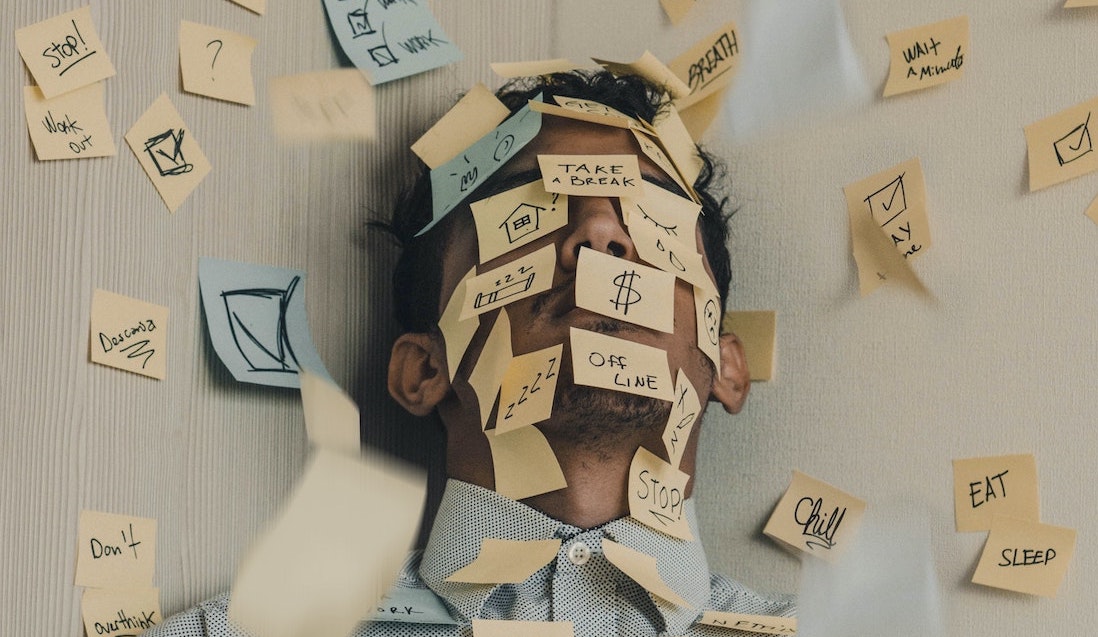
New needs and new choices.
The covid-19 emergency has also opened up new perspectives and needs for corporate “duty of care”.
First of all, massive remote working has often had a very heavy psychological impact, but above all, it has brought to light new needs and differences within the company population: there are those who, for the nature of their job, can and cannot do smartworking; who lives in an apartment of 50 square meters and who in one of 150; who has small children and who does not; who was completely submerged by isolation and workload and who managed to deal with the situation more calmly.
On the other hand, the exit strategy from this experience can only be based on the employees’ stronger self-organizational capacity, which must be stimulated and trained. In addition, go to the office will become a choice and the spaces will be redesigned to deliver experiences and solutions that cannot also be provided digitally. The question therefore for human resources is: how do I train widespread leadership not only in managers but also in all employees?
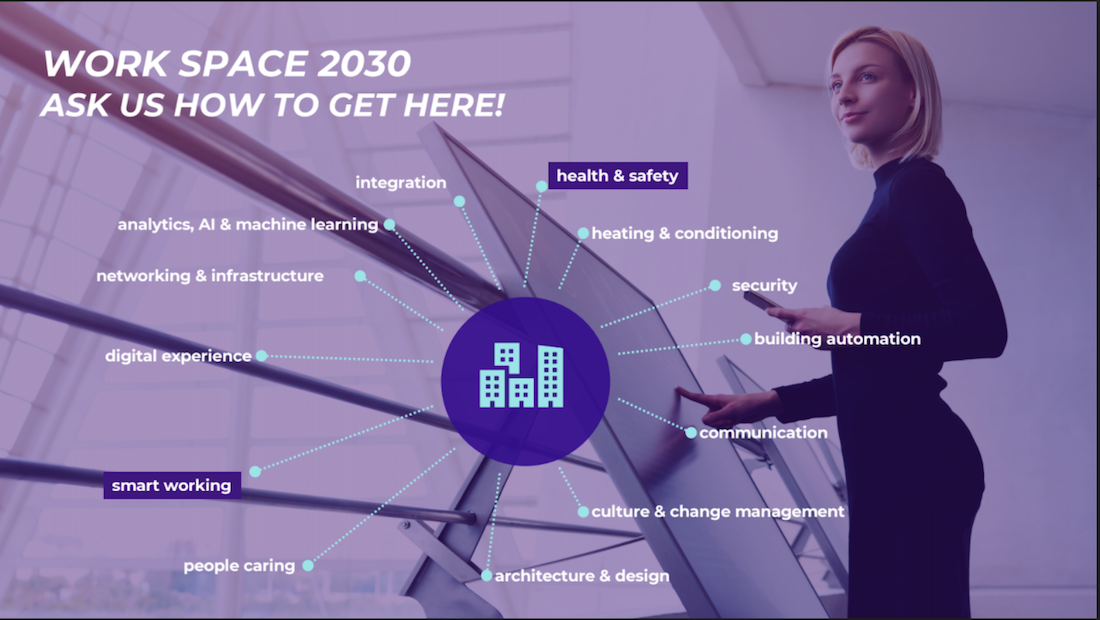
Towards the post-emergency: a look at 2021 in the Italian context.
In Italy “emergency smartworking” (which often had very little of smart) was allowed by the suspension of law 81/2017.
If a good post-emergency legislation must keep on focusing on the free choice of the employee of the time and place where he/she can do his/her job, it must, however, deepen two aspects.
The first is to define where the worker cannot work. This is not just for a health issue, but also for the company’s right to protect the principles of confidentiality and integrity of corporate assets, also linked to the great issue of cybersecurity.
The second is still linked to the difficulty of adopting tools to measure performance, in a way that does not betray the trust that is at the basis of smartworking itself.
What has been experienced in emergency terms, therefore, must now be put into common practice, seeking agreements and legislation more geared to monitoring objectives.
Finally, two issues:
– What will happen, even at an organizational level, when the block on layoffs imposed by the government ends?
– What impact will the cost reduction policies that companies are expected to adopt will have?
Together with the management of hybrid work, these two issues face great challenges for HR management in 2021.
Text by Gabriele Masi.
